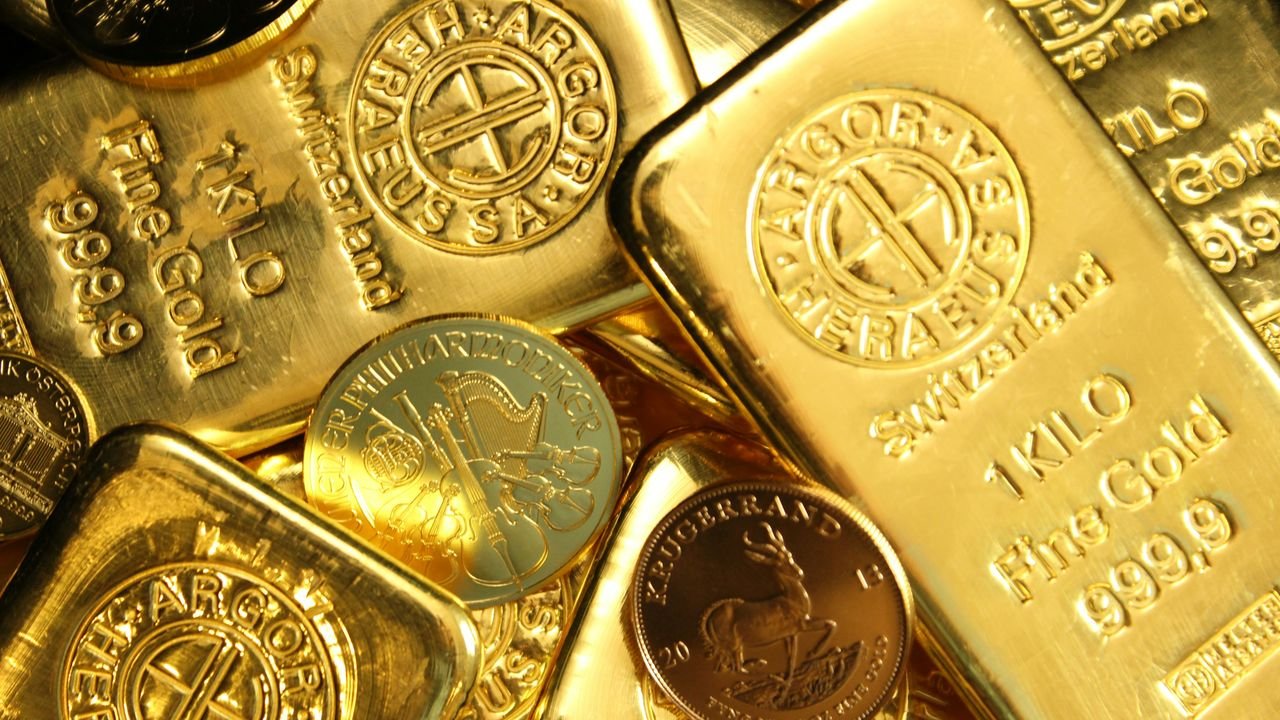In the whirlwind of 2025’s economic turbulence, the price of gold has soared, emerging as the undisputed star of the financial markets. On October 8, the precious metal shattered its all-time high, surging past $4,000 per ounce for the first time, a staggering 54% leap year-to-date, outpacing even the hottest tech stocks and cryptocurrencies.
Fueled by U.S. tariff threats, escalating geopolitical tensions in the Middle East and Ukraine, and expectations of Federal Reserve rate cuts, investors worldwide are flocking to this timeless safe haven. Central banks, from Poland to Kazakhstan, are stockpiling reserves at record pace, while everyday buyers, from jewellery enthusiasts to cautious travellers, are turning to gold as both a cultural staple and a hedge against inflation.
But not all that glitters costs the same. For globetrotters, this rally isn’t just financial news, it’s a practical reminder to check local rates before buying. Whether you’re bargaining in a Dubai souk, browsing Bangkok’s gold markets, or seeking a keepsake from London or Tokyo, gold shopping can be both an experience and an investment. But prices, taxes, and import rules vary widely.
Below, we break down current retail prices for 10 grams of 24K gold (as of October 17, 2025) across key destinations, along with customs guidelines for bringing it back to India. Prices are approximate, based on spot markets plus local premiums. Always verify live rates via reliable apps such as Kitco, GoldPrice.org, or local exchanges, as they fluctuate hourly.
United States
Price for 10g (24K): $1,475 (Rs1,30,900)
New York’s Diamond District and dealers like JM Bullion offer coins and bars with modest premiums of 1–5% over spot rates. Demand has surged amid the rally. Travellers returning to India can bring 20g of gold jewellery (up to Rs50,000) duty-free for men and 40g (up to Rs1,00,000) for women, if residing abroad for at least six months. Up to 1kg of gold, in the form of jewellery, bars, or coins, is allowed with a 15.75% duty (customs + GST). Declare all purchases at the red channel with invoices and purity certificates. Avoid gold sourced from sanctioned countries such as Iran.
India
Price for 10g (24K): Rs1,34,000
In Mumbai’s Zaveri Bazaar and Delhi’s Karol Bagh, festive demand, especially around Diwali, drives prices higher. A 3% GST also adds to retail costs. Returning travellers can bring 20g (men) or 40g (women) of plain gold jewellery duty-free, valued up to Rs50,000 and Rs1,00,000 respectively, after six months abroad. Up to 1kg total is allowed with a 15.75% duty on the excess. Declare any gold worth over Rs20,000 with receipts to avoid seizure. Import of raw bullion remains restricted to banks.
United Arab Emirates (UAE)
Price for 10g (24K): AED 5,400 (Rs1,30,300)
Dubai’s Gold Souk remains a traveller favourite, offering 22K and 24K jewellery at near-spot prices in tax-free zones. Bargaining is customary, with modest premiums for craftsmanship.
Duty-free limits mirror Indian rules: 20g (men) or 40g (women) of jewellery up to Rs50,000/Rs1,00,000 after six months abroad. Up to 1kg incurs a 15.75% duty. Declare purchases at customs with invoices and origin certificates. Reputable dealers in the UAE provide proper documentation, easing customs clearance in India.
United Kingdom
Price for 10g (24K): £1,230 (Rs1,47,000)
London’s Hatton Garden blends heritage and bullion trade, with investment gold exempt from VAT. Jewellery designs cater to global tastes, though prices reflect the strength of the pound. Duty-free limits apply: 20g for men, 40g for women, valued up to Rs50,000/Rs1,00,000 after six months abroad. Up to 1kg is permitted with a 15.75% duty on excess. Declare all gold with invoices; assay certificates for bars or coins are recommended. Avoid Russian-origin gold due to sanctions.
China
Price for 10g (24K): ¥10,000(Rs1,24,600)
Beijing’s traditional markets and the Shanghai Gold Exchange offer high-purity bars and ornate jewellery at prices closely tracking global rates. Domestic demand keeps premiums modest. Travellers can bring 20g (men) or 40g (women) of jewellery duty-free (up to Rs50,000/Rs1,00,000) after six months in China. Up to 1kg is allowed with a 15.75% duty. Declare all gold with invoices and purity certificates. Ensure provenance documents are clear to comply with India’s anti–money laundering checks.
Germany
Price for 10g (24K): €1,380 (Rs1,43,500)
Frankfurt’s bullion dealers such as Degussa are known for precision-crafted gold, with VAT exemptions for investment-grade purchases. Jewellery carries a higher premium reflecting European design. Duty-free limits remain 20g for men, 40g for women, up to Rs50,000/Rs1,00,000 after six months abroad. Up to 1kg is permitted with 15.75% duty. Declare gold with invoices and assay certificates. EU restrictions on sanctioned gold (notably Russian) align with Indian regulations.
Saudi Arabia
Price for 10g (24K): SAR 5,520 (Rs1,31,200)
Riyadh’s bustling gold souks offer bridal and ornamental designs at competitive prices thanks to minimal local taxation. Demand peaks during the wedding season. Duty-free limits are 20g (men) or 40g (women) up to Rs50,000/Rs1,00,000 after six months abroad. Up to 1kg attracts 15.75% duty. Declare purchases with invoices; sourcing documents help avoid scrutiny under AML norms. Buy only from established jewellers.
Japan
Price for 10g (24K): ¥220,000 (Rs1,28,700)
Tokyo’s Ginza district offers minimalist gold jewellery and bullion priced through the Tokyo Commodity Exchange. Japanese craftsmanship adds a modest premium. After six months in Japan, travellers can bring 20g (men) or 40g (women) of jewellery duty-free (up to Rs50,000/Rs1,00,000). Up to 1kg incurs 15.75% duty. Declare gold with invoices and purity assays. Japan’s strict sourcing standards ensure smooth customs clearance in India.
Thailand
Price for 10g (24K): ฿48,300 (Rs1,31,400)
Bangkok’s Yaowarat (Chinatown) is renowned for its 23K gold—slightly less pure than 24K but often cheaper. Prices are updated daily by the Gold Traders Association, keeping the market transparent. Duty-free limits are 20g (men) or 40g (women) (up to Rs50,000/Rs1,00,000) after six months abroad. Up to 1kg incurs 15.75% duty. Declare gold with receipts and invoices. Thai gold’s 96.5% purity requires clear documentation to avoid commercial import scrutiny.
Before You Buy
The price of gold has surged in 2025, making it a tempting travel purchase, but plan ahead. Always buy from reputable dealers, request itemised invoices, and declare high-value gold at India’s red channel. Avoid sanctioned sources such as Russia or Iran. For real-time prices, apps like GoldPrice.org, Kitco, and India’s IBJA are indispensable. With the right paperwork and awareness, your golden souvenirs can return home just as smoothly as your journey.

